India among top 5 exporters of illicit capital
Updated: Dec 16, 2014 02:39:10pm
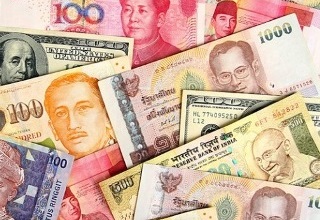
In 2012, India was the third largest exporter of illicit capital with USD 94.76 billion, the study titled ‘Illicit Financial Flows from the Developing World: 2003-2012’ by Washington based research and advisory organisation, Global Financial Integrity (GFI) said.
The December 2014 report finds that developing and emerging economies lost USD 6.6 trillion in illicit financial flows from 2003 through 2012, with illicit outflows increasing at a staggering average rate of 9.4 per cent per year—roughly twice as fast as global GDP.
This study is GFI’s 2014 annual global update on illicit financial flows from developing economies, and it is the fifth annual update of GFI’s groundbreaking 2008 report, “Illicit Financial Flows from Developing Countries 2002-2006.” This is the first report to include estimates of illicit financial flows from developing countries in 2012—which the study pegs at USD 991.2 billion.
According to the report, the five biggest exporters of illicit financial flows over the decade are: China (USD 1.25 trillion), Russia (USD 973.86 billion), Mexico (USD 514.26 billion), India (USD 439.59 billion) and Malaysia (USD 394.87 billion).
On the other hand, in 2012 the top exporters of illegal capital were: China (USD 249.57 billion), Russia (USD 122.86 billion), India (USD 94.76 billion), Mexico (USD 59.66 billion) and Malaysia (USD 48.93 billion).
GFI measures illicit financial outflows using two sources: 1) outflows due to deliberate trade misinvoicing (GER) and 2) outflows due to leakages in the balance of payments, also known as illicit hot money narrow outflows (HMN). The vast majority of illicit financial flows – 77.8 per cent in the 10-year period covered in this report – are due to trade misinvoicing Asia continues to be the region of the developing world with the greatest volume of illicit financial flows, comprising 40.3 per cent of the world total over the ten years of this study.
This report also contains a special section on areas for future research on potential regulatory, fiscal, and governance drivers of trade misinvoicing. Restrictive export proceeds requirements, such as surrender and repatriation requirements, may drive export under-invoicing. Similarly, import over-invoicing may be incentivized by foreign exchange regulations. There also appear to be links between governance, the size of the underground economy, and the volume of illicit flows.
GFI recommends that world leaders focus on curbing the opacity in the global financial system— comprising, among other things, tax haven secrecy, anonymous companies, and money laundering techniques—which facilitates these outflows.
Specifically, GFI maintains that: governments should establish public registries of meaningful beneficial ownership information on all legal entities; financial regulators should require that all banks in their country know the true beneficial owner(s) of any account opened in their financial institution; and government authorities should adopt and fully implement all of the Financial Action Task Force’s (FATF) anti-money laundering recommendations.
It also says that regulators and law enforcement authorities should ensure that all of the anti-money laundering regulations, which are already on the books, are strongly enforced; and policymakers should require multinational companies to publicly disclose their revenues, profits, losses, sales, taxes paid, subsidiaries, and staff levels on a country-by-country basis.
GIF further says that all countries should actively participate in the worldwide movement towards the automatic exchange of tax information as endorsed by the OECD and the G20; trade transactions involving tax haven jurisdictions should be treated with the highest level of scrutiny by customs, tax, and law enforcement officials; governments should significantly boost their customs enforcement by equipping and training officers to better detect intentional misinvoicing of trade transactions.
In addition, the United Nations should adopt a clear and concise Sustainable Development Goal (SDG) to halve trade-related illicit financial flows by 2030 and similar language should be included in the outcome document of the Financing for Development Conference in July 2015.
As individual States and the international community make progress implementing these recommendations and generating greater financial transparency, future IFF updates will reflect this progress, hopefully, with decreasing rates of illicit outflows. (KNN Bureau)

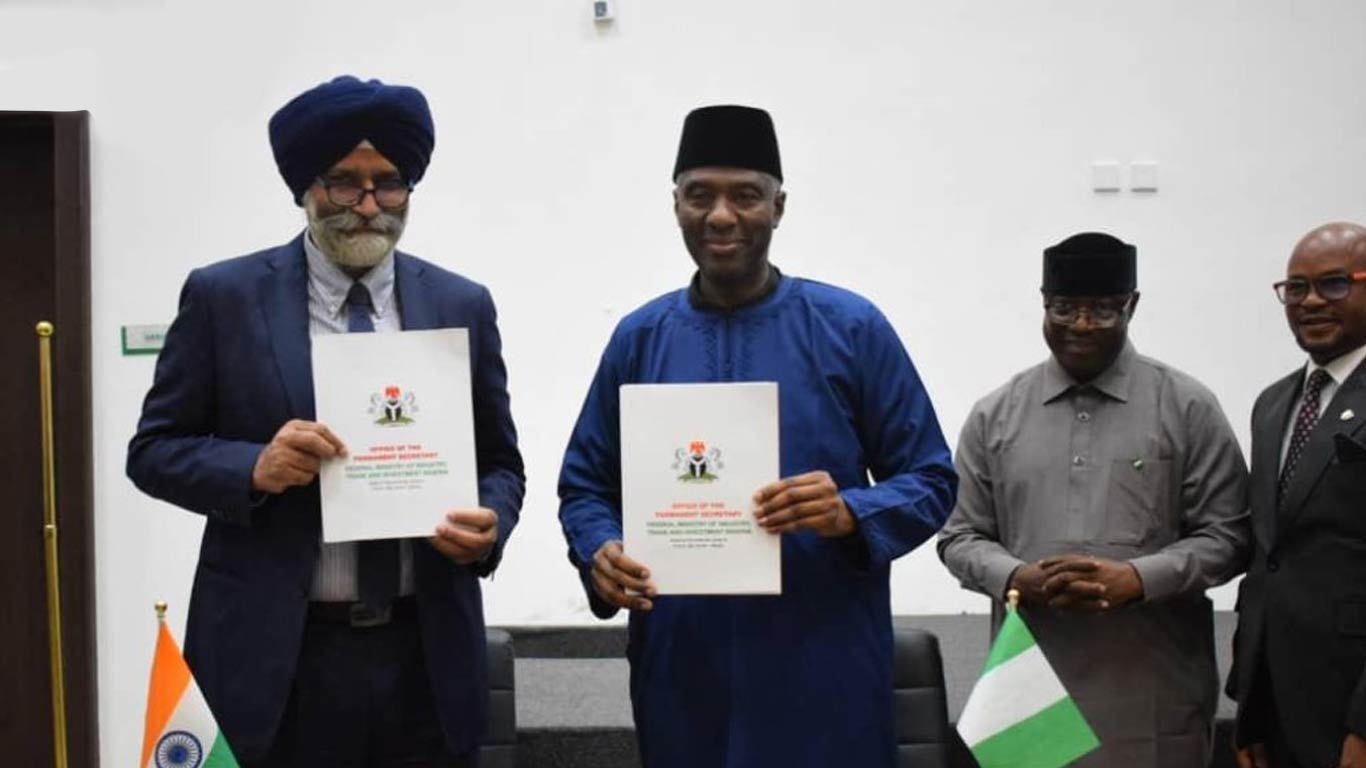
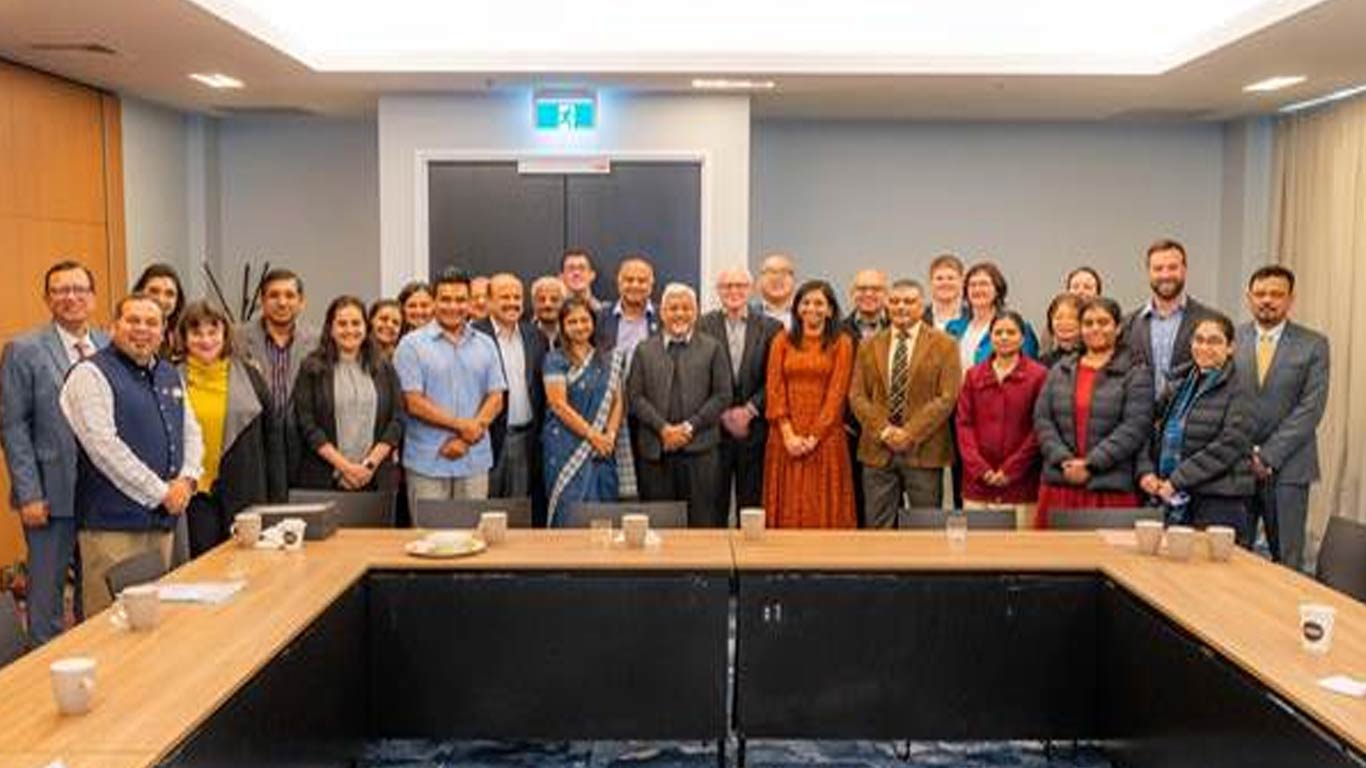
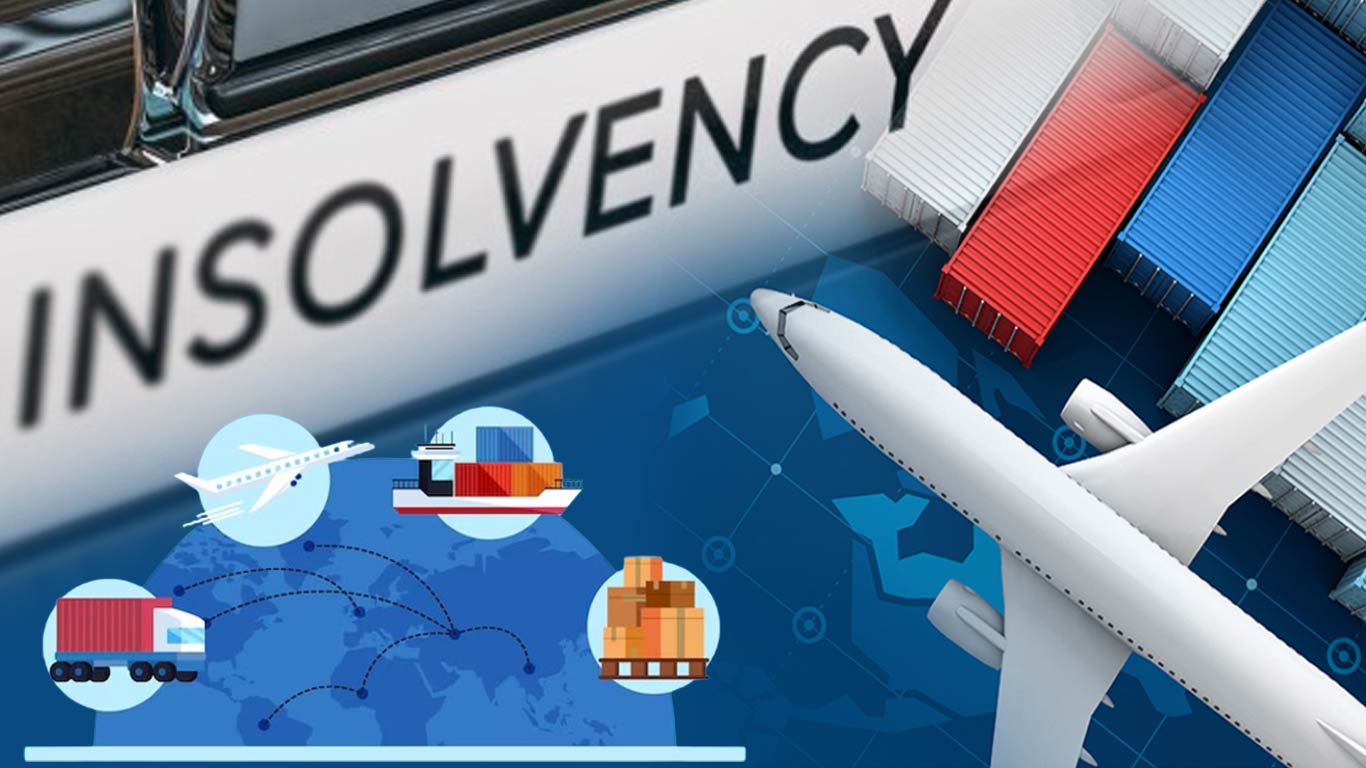
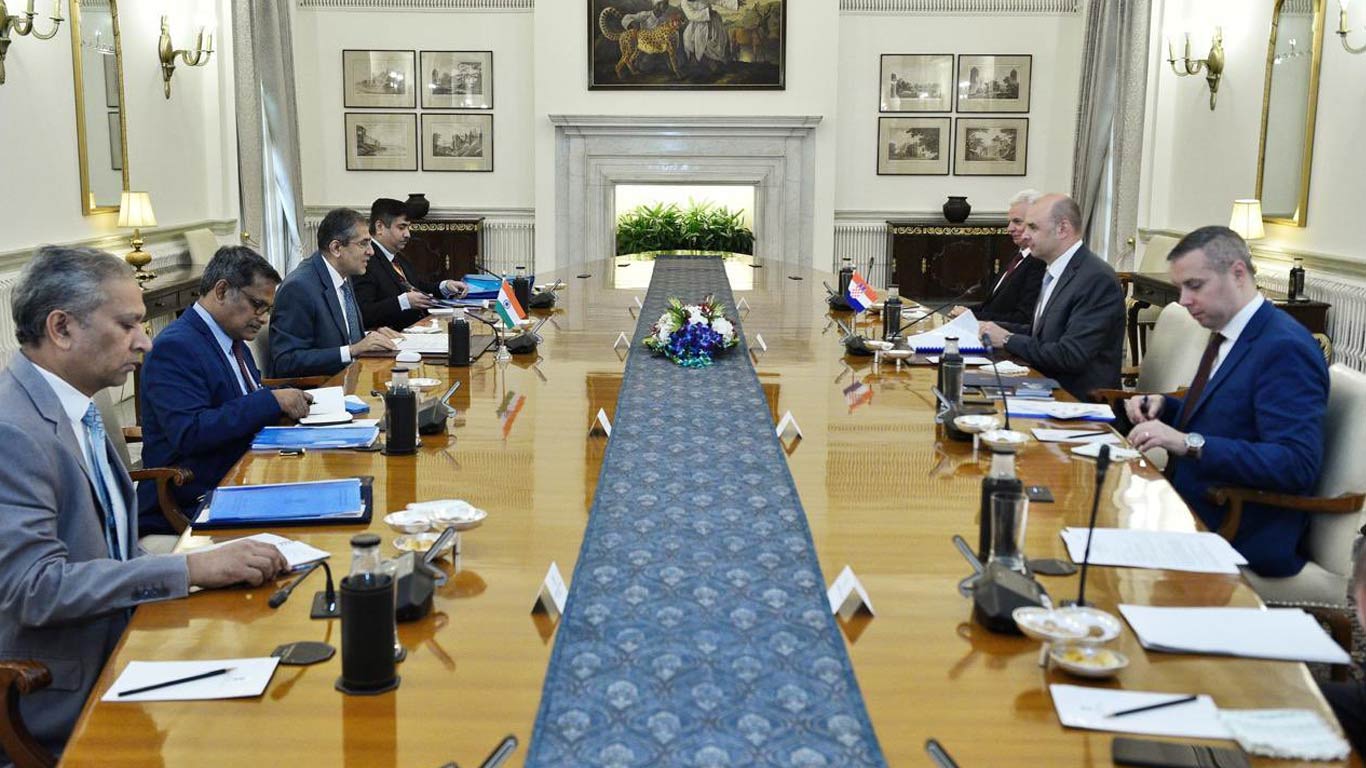






